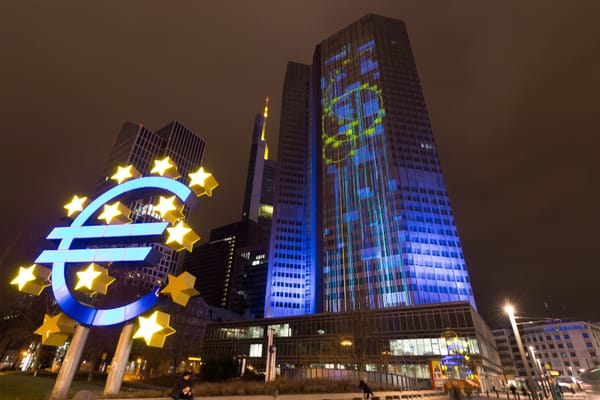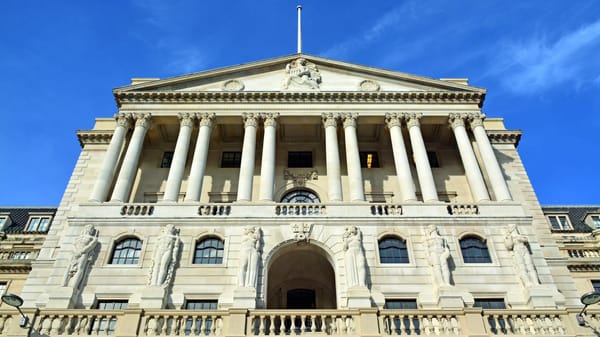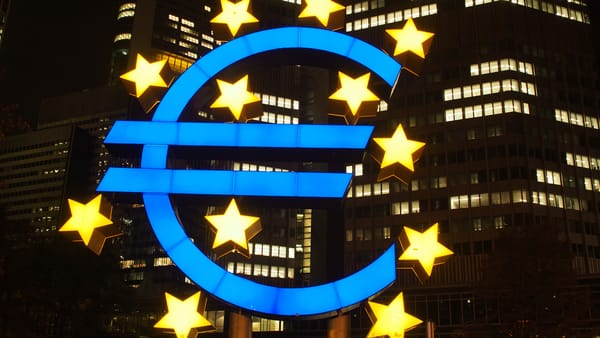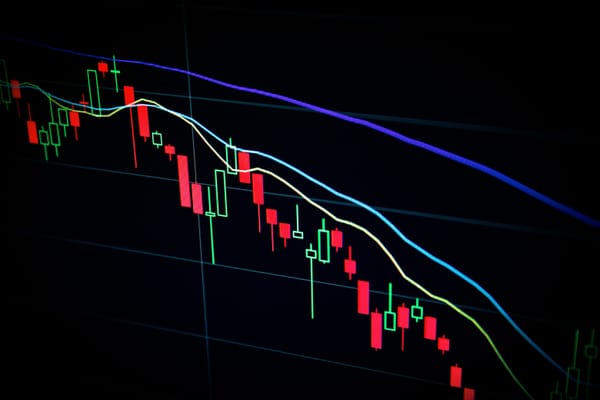
UK’s largest student finance event launches
Career26 brings industry insights to students exploring finance careers
Contact: felix.business@imperial.ac.uk

Career26 brings industry insights to students exploring finance careers

Why European commercial and investment banks are consolidating and its impact on global markets

Drew Gillanders shares how leadership, risk, and collaboration shape Citadel’s success

An Imperial Business student’s experience and review on business strategy and analytics

The costly lessons for start-up founders in valuation, drag-along rights, and funding.

The Bank of England holds rates steady while the Federal Reserve cuts rates, impacting bond and currency markets.

Why the use of Starlink’s Assets to pay for X’s fines undermines Brazil’s Rule of Law and Could Strain Foreign Investment.

What has the president of the European Central Bank, Christine Lagarde, been up to? Hye Oh discusses below

Why is Meta facing serious issues at the moment? Our writer, Anna Fu discusses a list of possible reasons.

Ukraine is a big news story over the past few weeks, but how could macroeconomics be playing a part in stoking tensions between the different sides involved?

How clean really is the technology thats getting been getting fast praise in the green era of investing

In this article, investment writer Subleen Kaur presents a juxtaposition for emerging markets and developing markets, particularly centring on the investment discrepancies.